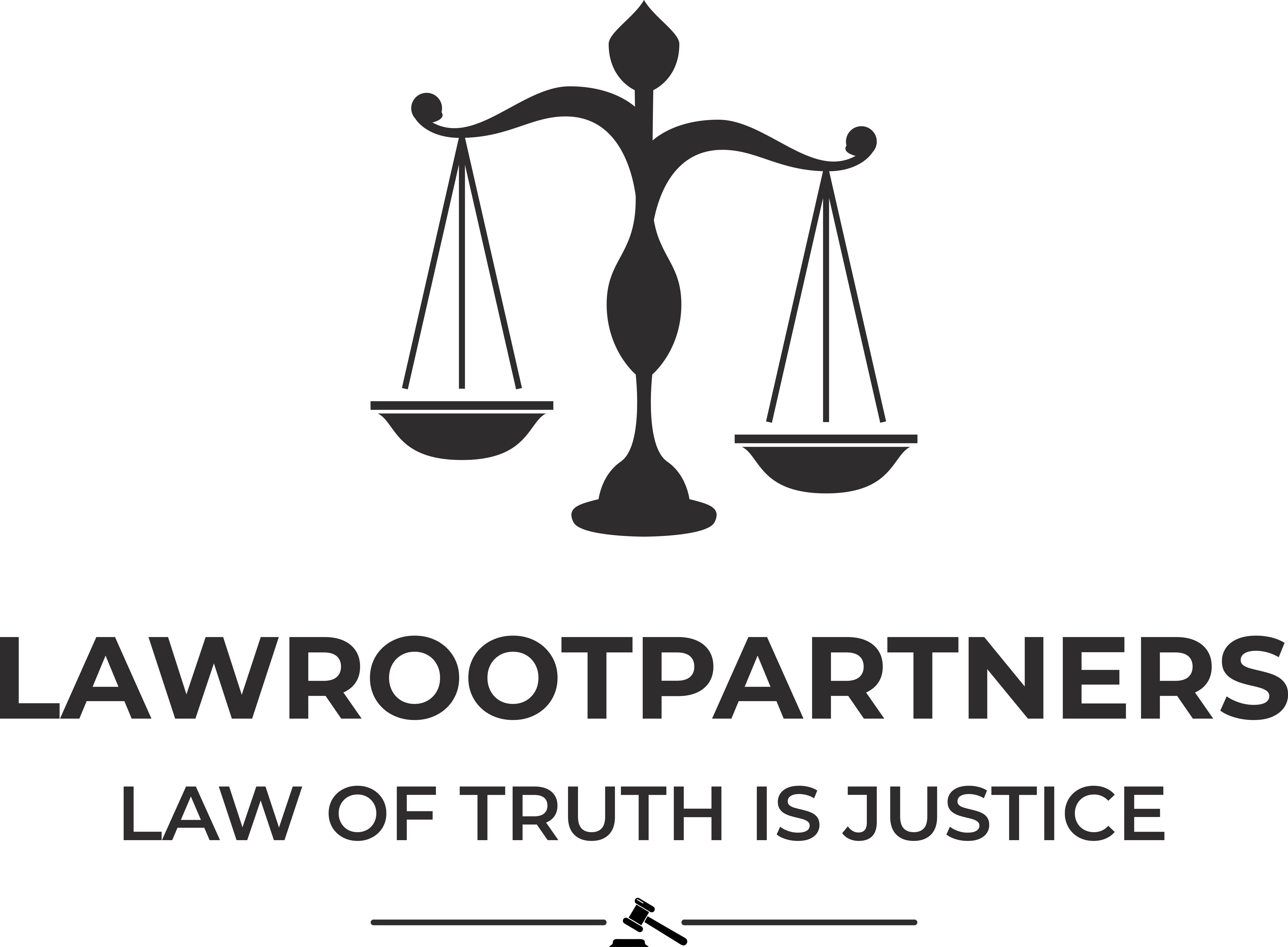Newsroom
Legal Insights | Case Briefings
Overview
In a recent judgment, the Hon’ble High Court of Punjab & Haryana has once again clarified the legal distinction between the scheduled offence (predicate offence) and the offence of money laundering under the Prevention of Money Laundering Act, 2002 (PMLA). The Court reaffirmed that discharge in the predicate offence does not, by itself, extinguish the power of the Enforcement Directorate (ED) to continue investigation under the PMLA.
The decision comes in the matter of Saurav Mahajan v. Union of India & Ors. [CWP No. 11378/2025, decided on 30 May 2025], where the petitioner, having been discharged in the scheduled offence under the Indian Penal Code, challenged the ED’s authority to proceed under PMLA.
Background
However, based on the same FIR and material collected during the police investigation, the Enforcement Directorate had registered an Enforcement Case Information Report (ECIR) and initiated proceedings under PMLA in April 2025, citing generation and layering of proceeds of crime.
The petitioner challenged:
- The validity of the ECIR,
- The search conducted under Section 17 PMLA, and
- The summons issued under Section 50 PMLA.
Key Issues Before the Court
- Whether discharge from the predicate offence under IPC invalidates the ED’s powers under PMLA;
- Whether proceedings under PMLA can continue independently in the absence of a conviction in the predicate offence;
- Whether the issuance of summons under Section 50 amounts to an abuse of process once the predicate offence is disposed of in favour of the accused.
Findings of the High Court
The High Court dismissed the petition and held that:
- Money laundering is an autonomous offence under Section 3 of PMLA. The existence of a predicate offence is a condition precedent for the offence of money laundering, but discharge in the predicate offence is not equivalent to a declaration that no such offence occurred.
- The Court distinguished between discharge and acquittal, noting that a discharge merely reflects insufficiency of evidence at the initial stage and does not bar further proceedings under a separate statute like PMLA.
- Relying heavily on the Supreme Court’s authoritative ruling in Vijay Madanlal Choudhary & Ors. v. Union of India (2022), the Court reiterated that money laundering is a continuing offence, and investigation can proceed even if the accused has been discharged or acquitted in the scheduled offence, provided there is material to suggest laundering of proceeds of crime.
- The issuance of summons under Section 50 is investigatory in nature and cannot be equated with a presumption of guilt. It is merely an instrument to collect evidence.
Law Root Partners Commentary
This ruling is yet another critical reaffirmation of the distinct statutory identity of PMLA, which continues to evolve as a robust legal framework targeting the illicit handling of tainted money.
At Law Root Partners, we observe the following significant takeaways from the decision:
- Legal Finality in Predicate Offences Is Key: Discharge is procedural and not substantive. Courts and authorities under PMLA are not bound to accept such findings unless they conclusively negate the occurrence of the predicate offence and the generation of proceeds of crime.
- Investigative Powers of ED Remain Intact: The ED retains the power to investigate independently, relying on circumstantial evidence or parallel investigations. A challenge to ECIR or summons will only succeed if it is shown that no proceeds of crime exist, not merely that the petitioner has been discharged.
- Judicial Scrutiny Is Case-Specific: The High Court’s insistence on a case-by-case evaluation ensures that no blanket immunity is extended to individuals merely because they have evaded prosecution in the predicate offence.
- Litigation Strategy for Clients Under PMLA Scrutiny: For individuals or corporations facing parallel proceedings, it becomes critical to distinguish between discharge based on technicalities and acquittal after full trial, and to adopt legal strategies that reflect this distinction.
Conclusion
This judgment underscores the nuanced application of PMLA and the importance of understanding its continuing and independent nature. For those subject to proceedings under this statute, a comprehensive and calibrated legal approach is necessary—discharge in a predicate offence is no longer a shield in itself.
As PMLA enforcement gathers pace across jurisdictions, it is imperative for litigants to be proactive in responding to ED actions and to ensure compliance, while also asserting their legal rights under the evolving jurisprudence.
For strategic legal advice on proceedings under PMLA or related financial offences, contact Law Root Partners. We are committed to providing clear, dependable, and client-centric representation across all areas of economic and criminal law.

